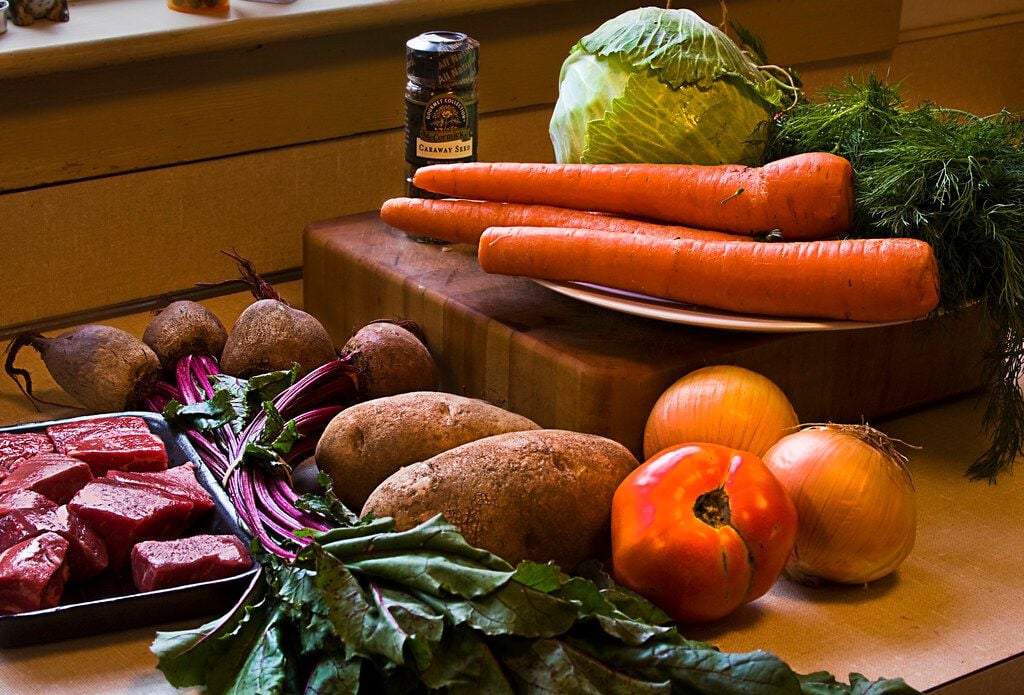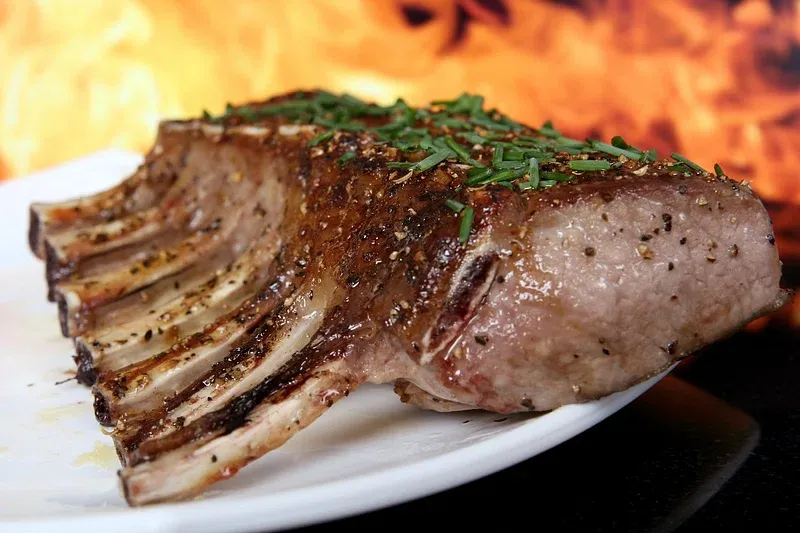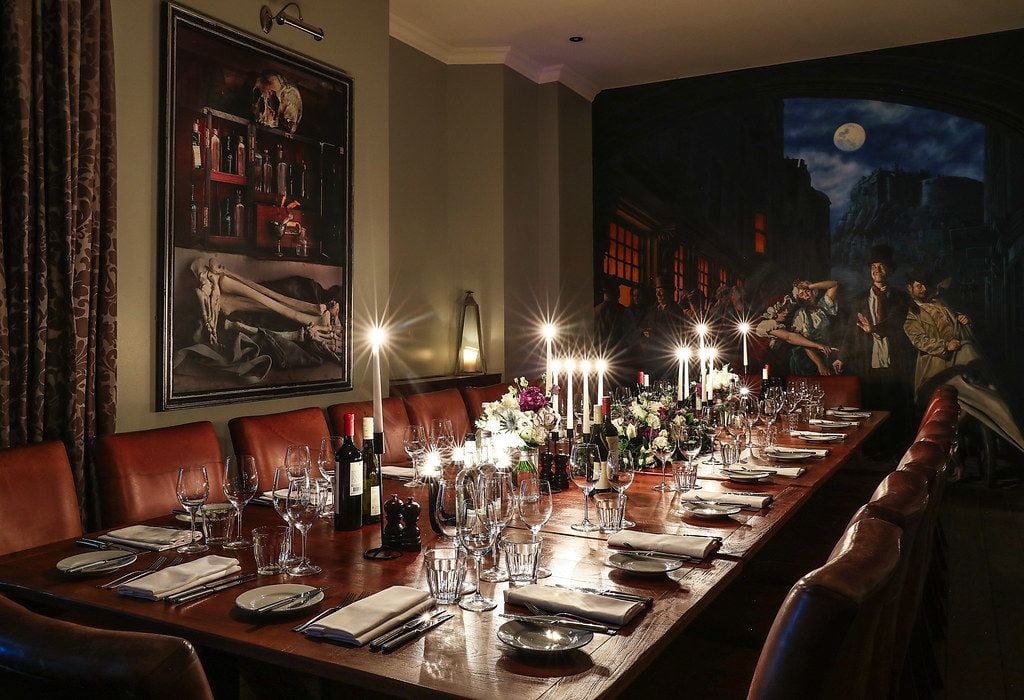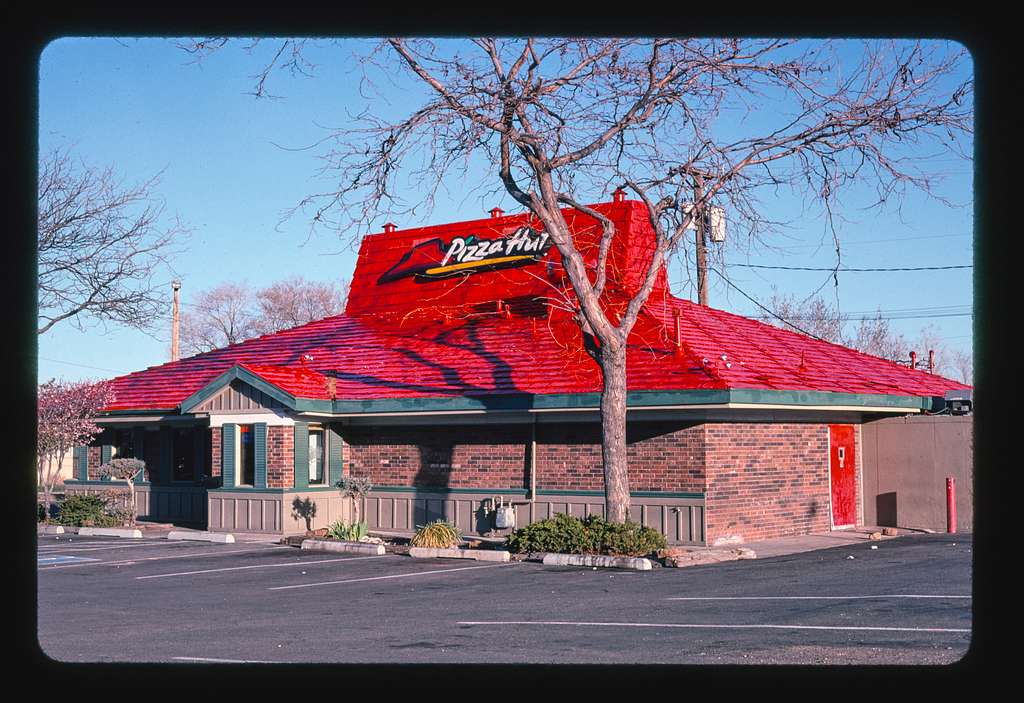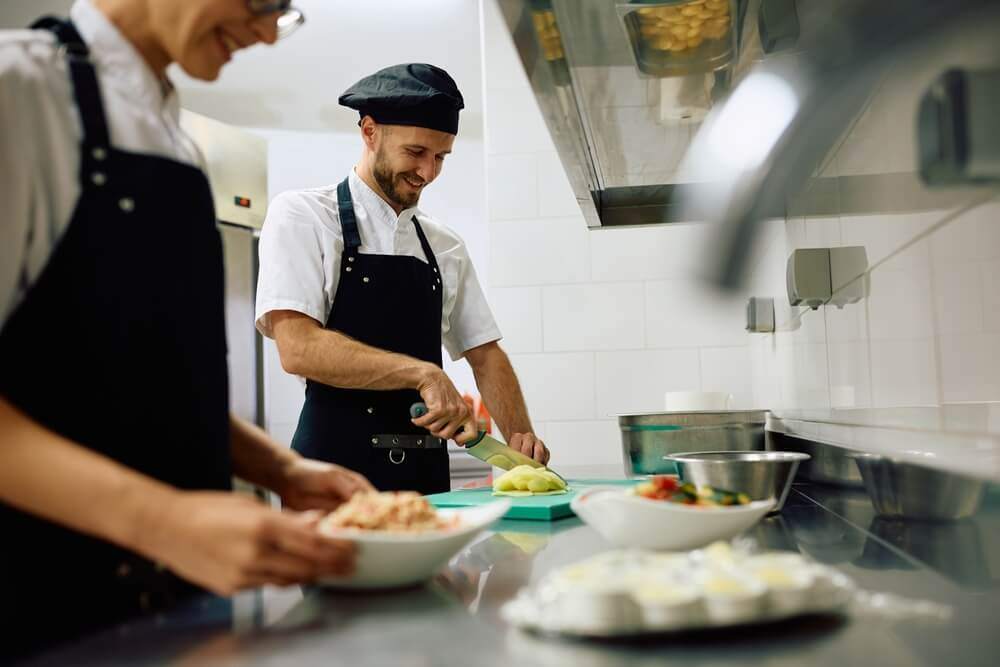
Piña Colada: The Tropical Cocktail's Contested Origins
- Jul 12, 2024
Rupert Holmes’ 1979 melodious hit "Escape," more popularly referenced as "The Piña Colada Song," played a significant role in framing the international perception of this coveted tropical beverage. The catchy tune with an amusing narrative about the risky adventures of a couple in a troublesome relationship transformed the esteemed combination of rum, pineapple juice, and cream of coconut into a light-hearted symbol of frivolity.
"As per the song stereotype, the Piña Colada is perceived as a vivacious, enjoyable party beverage," notes LyAnna Sanabria, the co-founder and beverage director of Papi Portland in Portland, Maine. "The drink’s sophisticated layers and complexities are often overlooked now."
Despite the influence of pop culture, the Piña Colada’s roots are not straightforward or undisputed. Originating in Puerto Rico, it was declared the island nation's official cocktail in 1978, just one year before the release of Holmes' hit song. The beverage maintains its prestige in its native land to date.
Yet, beyond these agreed-upon facts, the history gets complicated. Named from the Spanish words for "strained pineapple," the drink is presumed to be an iteration of a lesser-known Cuban Piña Colada. The traditional Cuban blend of rum, pineapple juice, lime, and sugar situates somewhere between a classic Daiquiri and a Hemingway Daiquiri. Traces of this version are spotted in a December 1922 edition of Travel magazine where the acclaimed Bacardi brand is mentioned, implying its popularity in Havana.
Some historians propose earlier origins in the 1800s, tied to a tale of the Puerto Rican pirate Roberto Cofresi. He supposedly mixed white rum, pineapple juice, and coconut milk into a concoction to keep his crew morale high and prevent rebellion. The fabled beverage's recipe, according to legend, was never revealed beyond the crew.
Two establishments in Puerto Rico - The Beachcomber Bar inside the historic Caribe Hilton Hotel and Barrachina, a restaurant located in Old San Juan - both claim to be the birthplace of the modern Piña Colada. Adding to the confusion, three respective bartenders assert it was their concoction.
The Caribe Hilton's tale is divided: Bartender Ramon “Monchito” Marrero claims he invented the drink around 1952-54, while his colleague, Ricardo Garcia, insists it was him who developed the recipe in 1953. Meanwhile, Barrachina occurred in the debate later in 1963 when Ramon Portas Mingot purportedly crafted the drink and his claim is still honored by Barrachina through a commemorative marble plaque.
Discover Puerto Rico, the island's official tourism website, seems to favor Marrero's narrative without explicitly stating so, as they celebrate the cocktail’s 70th birthday in 2024 (which corresponds to Marrero's timeline). This subtly nudges Garcia's counterclaim aside, as he insisted he had concocted the drink a year prior.
Both Marrero and Mingot’s stories involve a hotel challenging them to create a drink that quintessentially embodied Puerto Rico. Notably, Marrero's original drink reportedly didn't include alcohol, consisting merely of coconut cream, pineapple juice, and vanilla ice cream. The addition of rum was a later development.
Marrero's creation became a massive hit, with renowned actress Joan Crawford reportedly saying that it was “better than slapping Bette Davis in the face."
One major contributor to the modern Piña Colada recipe was the creation of Coco López, a cream of coconut product by Ramón López Irizarry, an agriculture science professor at the University of Puerto Rico, in the late 1940s. According to the Marrero theory, the bartender used this new product to create the cocktail that endures until today, even as modern substitutes have emerged.
"Coco López might seem outdated in a bespoke bar setting, but it takes a place of honor in a more relaxed, dive bar environment, which is probably where you’d find it anyway,” remarks Sanabria.
While the originator of the Piña Colada may forever remain a mystery, the enduring love for this tropical sensation is the undeniable truth.


